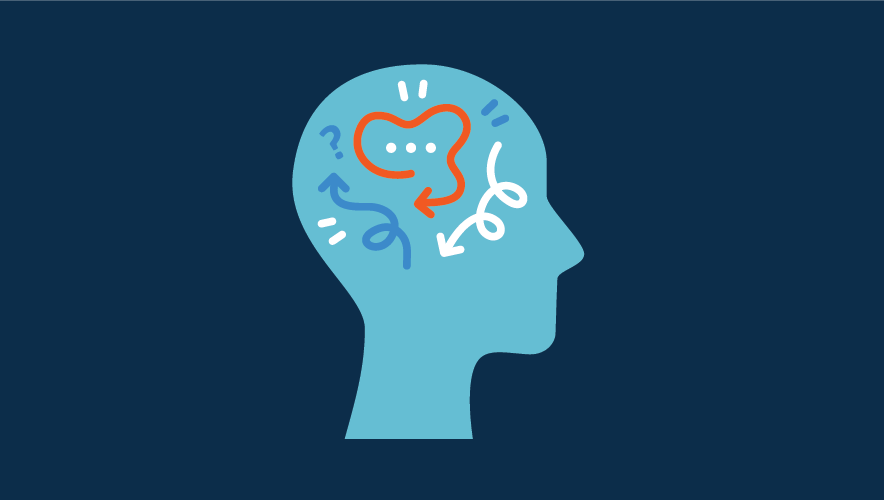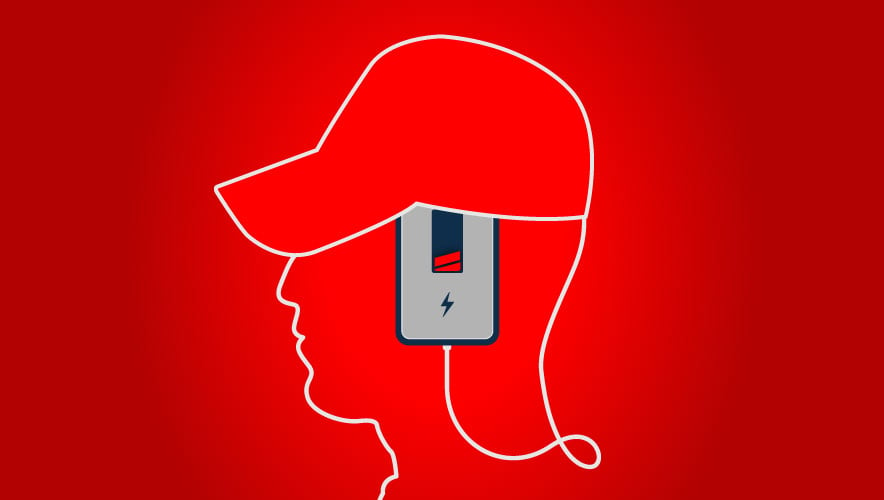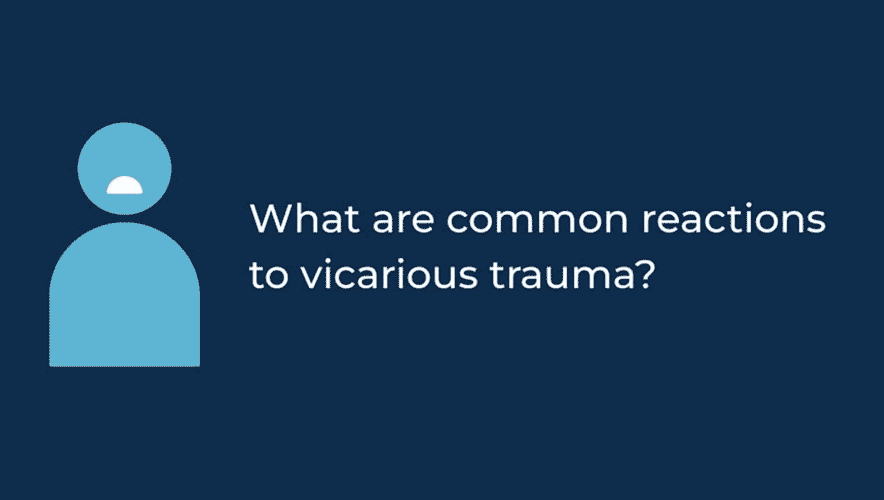How a New Working Group is Supporting Security Mental Health
For the last two years I have been a judge of a UK-based award program, The Officers of Distinction Awards, run by the ACS Pacesetters organization. In 2021, of the approximately 90 entries, around one-third related to dealing with a mental health incident. In the 2022 awards, that number grew to approximately two-thirds. These entries, too often, involved activities such as dragging people from the edges of parking garage roofs or from trainlines as they tried to end their lives.
This type of incident indicates two main issues in relation to security officers—how to respond to external mental health incidents and how to protect their own wellbeing. There seems to be a need for frontline security to have some knowledge of and training on mental health awareness and to have some training and a toolkit on how to respond and react to people who are suffering. They also need to have an awareness of how these incidents affect their own mental health and the health of their colleagues. Additionally, employers need to have some support mechanisms in place.
Frontline security professionals often work long hours, are (generally) not especially well paid, and the important role they play is seldom acknowledged. They are frequently exposed to verbal and physical abuse, and the instances of this have increased during the COVID-19 lockdown, The Guardian reported.
Whilst they are different, there are clear and established links between verbal/physical abuse and mental health issues. A 2021 report from Policing and Society, an international policy and research journal, found that 39.3 percent of security professionals surveyed were showing symptoms of post-traumatic stress disorder (PTSD), and that “many of the security operatives suffered varying degrees of verbal abuse and threats of physical violence with a number reporting acts of violence to themselves and other security operatives during the course of their employment.”
The report also found a “lack of provision of mental health and wellbeing services provided by the security companies to their employees and managers in general unable or unwilling to accept that some employees were suffering from poor mental health and wellbeing.”
In addition to just doing the right to support colleagues, there are practical reasons to provide mental health support: reducing absenteeism and presenteeism, lower staff turnover, higher productivity. It is not hard to find evidence of this.
- The Telegraph reported on 29 August 2022 that “Police officers took a record 500,000 days off because of mental ill health, new data have revealed, as a former watchdog blamed the trauma of dealing with the sick and dying during pandemic.”
- Leaving mental health unaddressed is expensive. The UK’s Office for National Statistics’ (ONS) Labour Force Survey has found that that 17.5 million working days were lost due to mental health-related sickness absences in 2018 and 2019, costing the economy at least £2.4billion. A 2019 survey by Deloitte in Canada showed actual economic cost of mental health was CAD $50 billion. In the United States, according to the Centers for Disease Control and Prevention (CDC), depression alone causes an estimated 200 million lost workdays each year, costing employers between $17 billion and $44 billion. Employees with depression miss six to 25 more days of work per year and the illness’s effect on productivity affects between 13 to 29 percent of their time at work. In addition, a 2022 McKinsey report found that 30 percent of jobless people surveyed left work because of physical health, and 15 percent left because of mental health reasons (up from 13 percent the year before).
- Investing in mental health pays off. The same study from Deloitte found that for every $1 invested in workplace mental health, the median yearly return is $1.62. That climbs to $2.18 if the program has been in place for three years or more. A 2014 report by PWC in Australia showed that every “dollar invested on a single action designed to improve mental health, on average business can expect to see a return on investment (ROI) of $2.30. This represents a 33 percent reduction in absenteeism, presentism, and compensation claims.” Additionally, staff turnover is reduced if people are supported, which represents a saving of time and money in finding replacements.
Whilst mental health problems can affect anyone, security is still very much a male-dominated profession (the gender balance is improving), and men are generally less good at talking about and seeking help for their mental health. Men are around three times more likely to take their own lives for example—in the United Kingdom, three-quarters of registered suicides in 2018 were among men, and that has been the case since the mid-1990s. The stigma about seeking help for mental health and wellbeing issues is greater than for people suffering from a physical medical condition. For many—especially in the security profession—the default position is just to muscle through mental health challenges, which is often impossible.
“The numbers are undeniable and organizations can no longer look the other way when it comes to addressing the mental health challenges their staff face on a daily basis,” says Tim McCreight, CPP, 2023 president of ASIS International. “This is epidemic of global proportion. For example, in the United States alone, healthcare workers are five times more likely to experience workplace violence than employees in all other industries. Protecting the psychological and physical health of employees needs to be a workplace priority the world over. ASIS International has a pivotal role to play in supporting security professionals and others with tools to not only protect themselves and others as well as prevent such acts in a variety of workplace settings.”
So, how can we help? Clearly there are improvements we can make, and although we cannot fix this easily, we need to make a start.
In 2022, I approached Jessica Lombardo, vice president of Member Engagement at ASIS International, about forming a Subject Area Community for mental health. The approach was well received and subsequently the Mental Health and Wellness Working Group was launched. This is accessible to ASIS members through the members-only Connects platform and offers resources and support for security professionals. The current mission statement is: “This is an open community for all ASIS members interested in having an open dialogue and building a library of shared resources aimed at helping security professionals support their team’s mental health and wellness.”
The group is building a library of resources (articles, videos, webinars, etc.) and having conversations around mental health issues, discussing good practices, and ideally producing some suggestions that members can take away and apply in their own working environments.
Recently, ASIS member John Rodriguez has joined the working group’s leadership, and we are looking at ways of perhaps widening it to encompass security culture and how this can evolve to make the workplace more accepting. I would encourage all ASIS members to join the group, share resources and experiences, and help improve the wellbeing of our security teams by reducing the stigma around discussing mental health.
Mike Hurst, CPP, CPOI, has worked in security and fire industries since 1988. In 1992, he joined executive security recruitment and consultancy firm HJA Consult. He is the director of the International Foundation for Protection Officers (IFPO) in the United Kingdom and Ireland, and he serves in various functions throughout ASIS International, including as a past-chair of ASIS International UK and as secretary of the Extremism and Political Instability Community. He is also an ambassador at veterans’ mental health charity PTSD Revolution.













